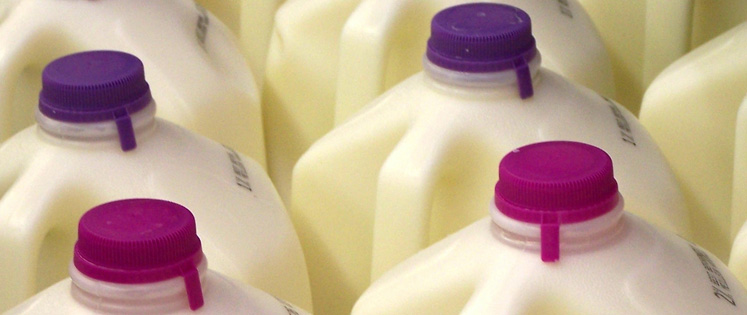The important nutrients in milk are not affected by heat.
Pasteurization is a gentle heat treatment aimed solely at eliminating harmful bacteria that can be found in raw milk. It also deactivates the enzymes that can lead to early milk spoilage. In Canada, both federal and provincial regulations require that all milk sold to consumers be pasteurized, for the public’s safety.
Scientific research has demonstrated that pasteurization does not significantly alter the nutritional qualities of milk. The important nutrients in milk are not affected by heat. Pasteurized milk is an excellent source of calcium, protein, riboflavin, vitamin A, and phosphorus. It is a good source of thiamine and vitamin B12. Pasteurized milk is also fortified with vitamin D, making it a good source of this essential vitamin that many Canadians are deficient in.
Do you have questions about lactose intolerance and milk allergy? Check our Milk Mythbusters article.
For questions about raw milk, check our Raw Milk Q&A article.



